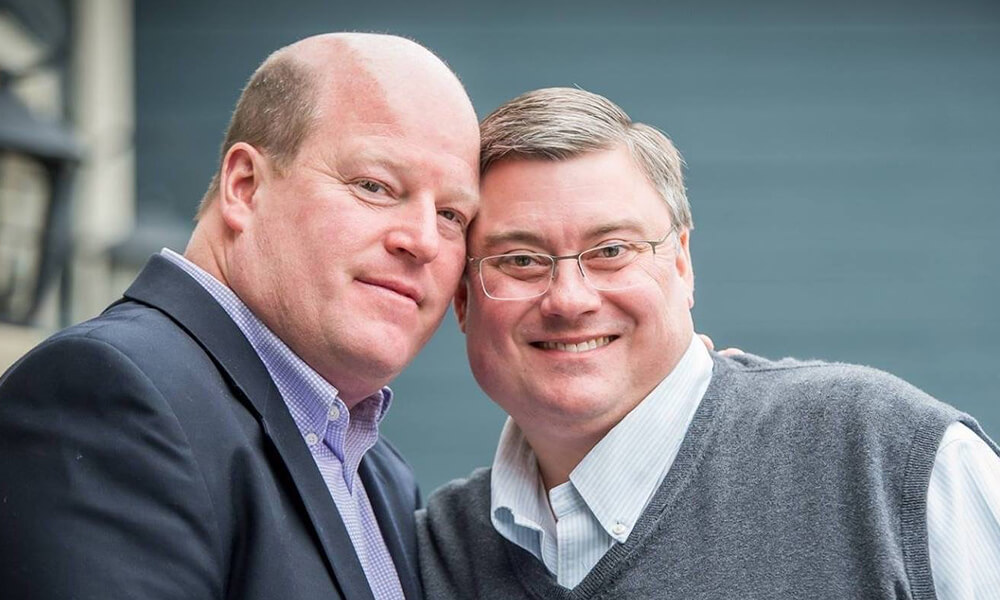During the initial evaluation, patients will:
- Review a kidney transplant education video
- Undergo blood testing
- Meet in-person with their nurse coordinator, nephrologist, social worker, and patient navigator
- Set up an appointment to meet virtually with the dietitian and financial coordinator
If you are also a candidate for pancreas transplantation, you will be evaluated for both transplants at the same time.
As often as possible, our team aims to complete an evaluation for early kidney transplant within two weeks of receiving a referral or appointment request. Early transplant allows for patients to accrue time on the national waitlist as soon as possible and avoid dialysis.
After the initial visit, you will return for additional testing, which may include, cardiac stress testing, chest X-ray and electrocardiogram (EKG), additional blood and urine tests, and abdominal imaging. Patients may be asked to schedule tests with their primary care physician and/or other specialists, such as a colonoscopy (age 45+), mammogram (age 40+), or pap smear. Alternatively, if these tests have been performed within the past year, patients can simply provide the recent results.
Once all testing is complete, the Mass General transplant team will determine the patient’s readiness for a kidney transplant and outline the next steps.


















